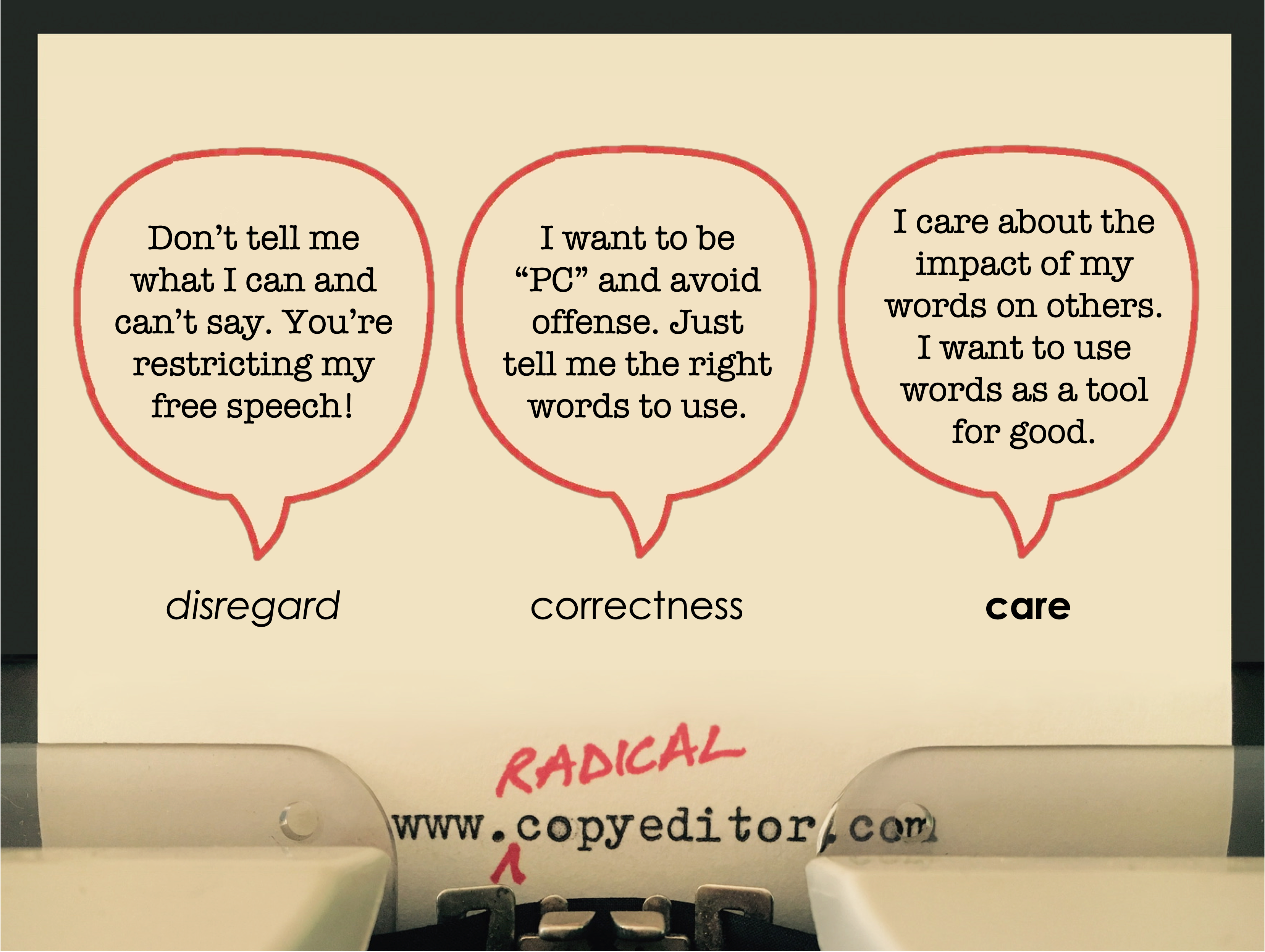
A few months back, I shared on my Facebook wall a fabulous short video from The Guardian in which Mona Chalabi explains why “grammar snobs are patronising, pretentious, and just plain wrong.” In my post, I enthusiastically proclaimed: “Radical copyeditors unite against grammar snobbery!”
Now, I share a lot of stuff on social media that some people might consider challenging. After all, I’m an activist whose passion is helping folks connect the dots between oppression and privilege based on race, class, sexuality, ability, gender, and more. Yet it is invariably my posts about grammar that incite the most heated reactions on my Facebook wall—so heated that I have to warn friends to watch their mouths.
On this occasion, I was flabbergasted when friends and acquaintances started insulting each other and raging over the idea that using less and fewer interchangeably might not be the worst possible offense.
Before you get it twisted, let me be clear: I would never argue that grammar doesn’t matter or that we should throw out all language rules and conventions entirely. Quite the contrary. I will go to my grave ready to launch into a passionate defense of the serial comma at a moment’s notice. Why will I throw down for some grammar conventions and not others? Because I’m a radical copyeditor. Continue reading “Radical Copyediting: Because Language Transforms Reality” →





